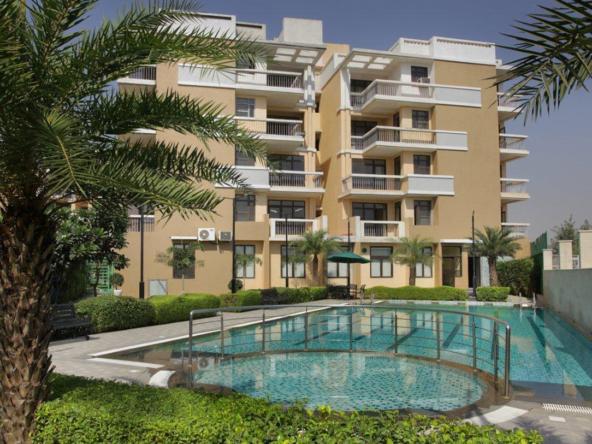When it comes to real estate investments, one common question that comes to mind is: Which is better for income generation, residential or commercial property? Both have unique advantages, and understanding their income potential can help you make an informed decision. Let’s dive into the pros and cons of each type to help you choose the best investment strategy for your portfolio.
- Income Stability: Residential Property
Steady Cash Flow: Residential properties typically provide a consistent income through long-term leases. Tenants are usually locked into yearly agreements, meaning monthly rent is a reliable source of income.
High Demand: There’s always a demand for housing, making it easier to find tenants for residential properties, especially in urban areas. This helps minimize vacancy risks.
Lower Entry Costs: Residential properties generally have a lower entry cost compared to commercial properties. This makes them accessible for first-time investors looking for steady, long-term returns. - Income Potential: Commercial Property
Higher Returns: Commercial properties often offer higher rental yields than residential ones. Tenants, such as businesses or retail outlets, typically sign long-term leases with higher rent.
Regular Rent Escalation: Commercial leases frequently include annual rent escalation clauses. This ensures a steady increase in your rental income over time, boosting long-term profitability.
Diverse Tenants: In commercial spaces, such as office buildings or shopping centers, you may have multiple tenants contributing to your income. This diversification lowers the risk of vacancy losses. - Vacancy Rates: Residential vs. Commercial
Residential Property: Vacancy rates tend to be lower for residential properties. Even during economic downturns, people always need a place to live, ensuring a continuous rental demand.
Commercial Property: Vacancy risks for commercial properties can be higher, especially during economic recessions when businesses may downsize or shut down. However, well-located commercial spaces can thrive even in tough times, especially in high-traffic areas. - Management Effort: Residential vs. Commercial
Residential Properties: Residential rentals are generally easier to manage. The tenant turnover is higher, but finding new occupants is usually quicker due to high demand for housing.
Commercial Properties: Managing commercial properties can be more complex. Dealing with businesses means adhering to more detailed legal agreements, higher maintenance costs, and potential longer vacancy periods. However, the need for day-to-day management can be lower, especially when long-term tenants are secured. - Capital Appreciation
Residential Properties: The value of residential properties appreciates steadily, especially in growing urban areas or prime locations. Additionally, the emotional appeal of home ownership often leads to higher property values.
Commercial Properties: Commercial real estate tends to appreciate based on the success of businesses in the area. If you invest in a location with increasing commercial development, the value can rise significantly over time, offering excellent returns on investment.
Conclusion: Which is Better for You?
When deciding between residential and commercial properties for income, your choice will depend on your investment goals. If you’re looking for a steady, reliable income with low entry costs and less risk, residential property might be the way to go. However, if you’re willing to manage a more complex investment and aim for higher income potential and capital appreciation, commercial property could be your best bet.




